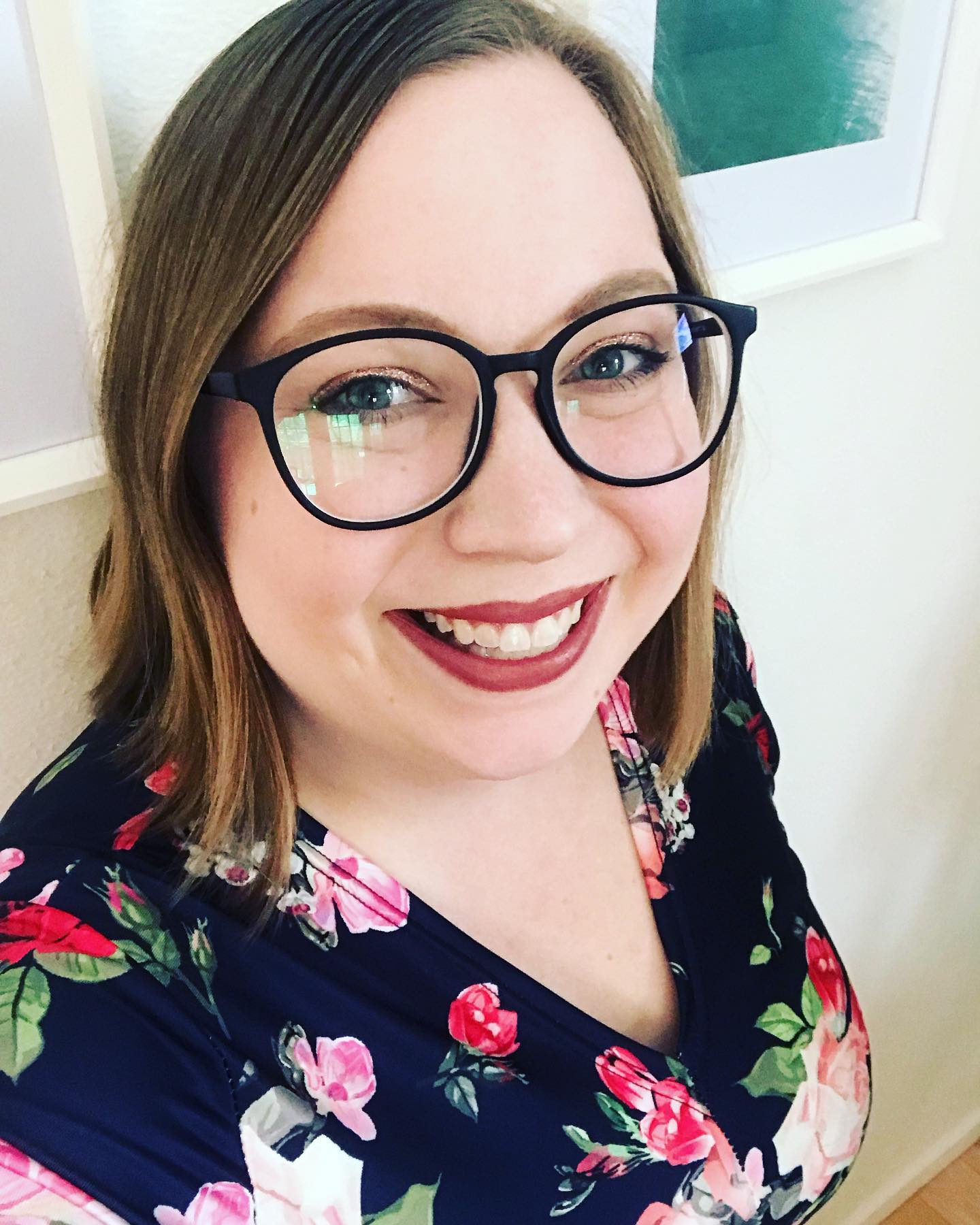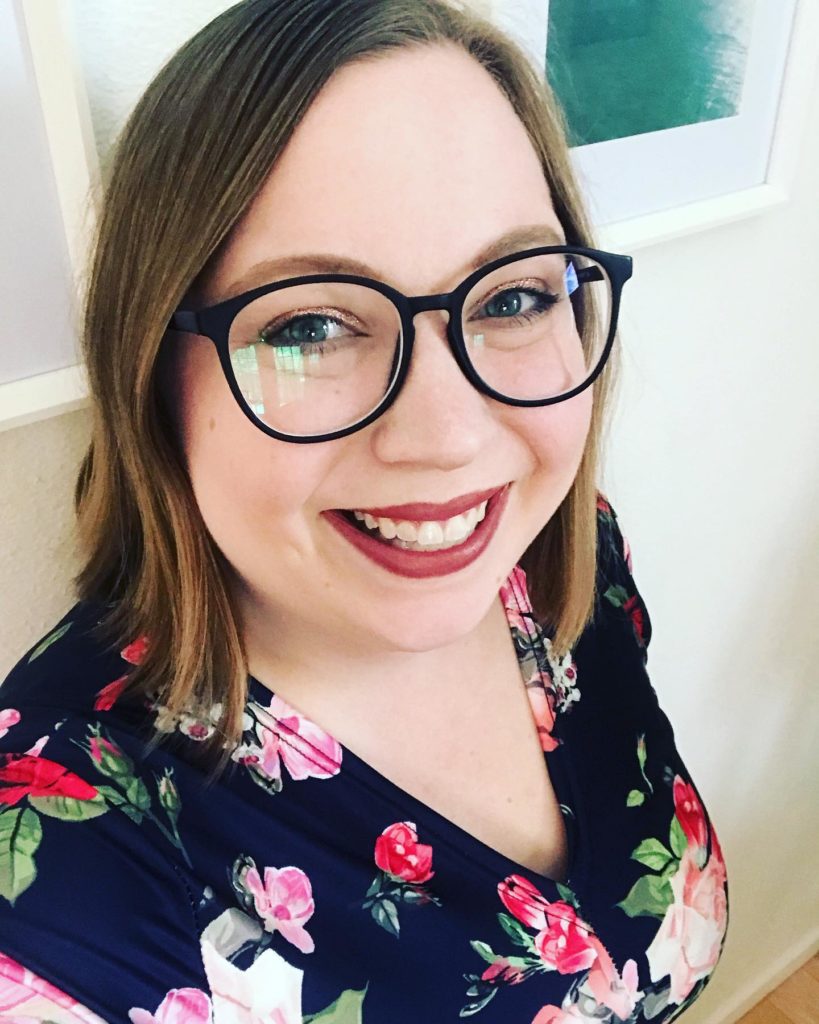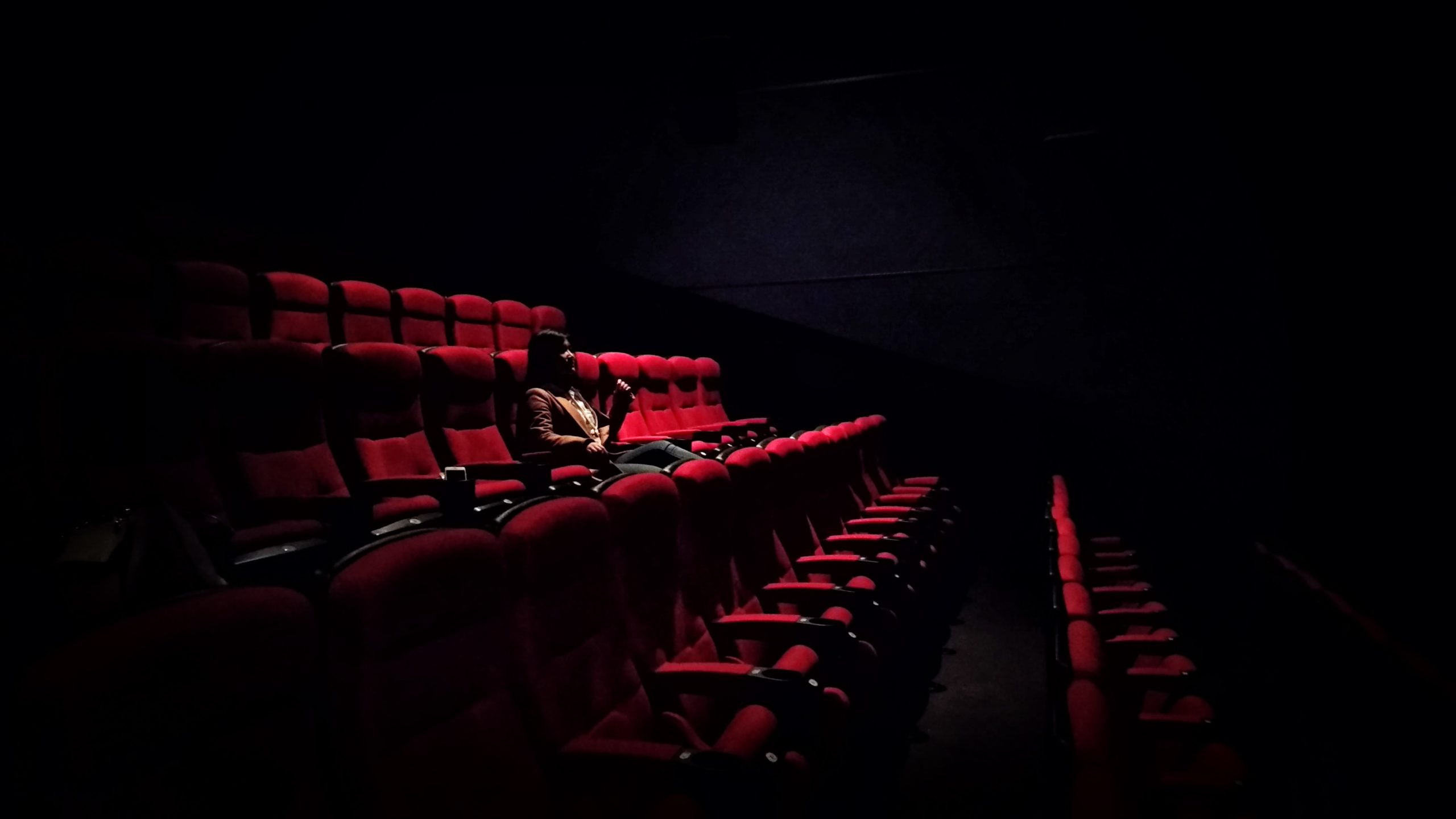
Critic Spotlight: November 2021
Amanda Finn
Chicago
Primary Outlet: Newcity

Basics first: where do you work (do reviews) and how long have you been there?
I have been writing reviews for Newcity in Chicago for three years now.
What is your background in theater and/or criticism?
I’ve been writing theater criticism/journalism since 2014 when I graduated from Ripon College with a degree in theatre, English and film/media studies. I did the National Critics Institute (NCI) at the O’Neill in 2015 and was a regional criticism winner through the Kennedy Center American College Theater Festival (KCACTF) in undergrad. I’ve led students through the KCACTF Region III program twice when it was hosted in Wisconsin.
What led you to become a critic?
I went to college with an acting scholarship and declared my theater major on my first day as a freshman. I’ve always loved acting, but when I was in college I discovered that I love to discuss the importance of theater more than performing it. When my theater advisor told me about the KCACTF critics program I jumped at the chance to learn about theater journalism from professionals. Thanks to Damien Jacques, my first professional mentor, and Jane Purse-Wiedenhoeft who led the program, I fell in love with writing about theater.
(I also tell people that the Anton Ego scenes in Ratatouille also inspired me to write. I got him tattooed on my left shoulder to always remind me that we can find inspiration in the most unique places.)
Do you have any particular philosophy about criticism that guides you?
I firmly believe that every play has an audience, even if I am not that audience. There have been many shows that have immediately turned me off, but I know historically that they have an audience that they speak to. I think it’s ok if a show is not for me so long as it is not harming anyone in the process–using stereotypes, overt racism, transphobia or sexism to name a few ways they can harm.
What are some things you look for in a play?
Authenticity. It’s something you can’t teach or fake and it can happen on a bare stage or in a play with an immense set budget. There is something about an authentic performance that cannot even be adequately described, but you can feel it. That’s one of the things that draws me to live theater, an irreplaceable sense of humanity between ourselves and the performers on stage.
Tell me about a specific play that you found either overwhelmingly good or seriously problematic. Is it easier to write good or bad reviews?
When I did NCI Chris Jones said we live in a two star world and those are the hardest reviews to write. In my experience that is a spot on observation. Give me a pan or a hit any day, writing a review of a play I have no feelings about whatsoever is the hardest thing to do. Whether it’s resoundingly good or bad, there is a passion in writing about it. When it’s just so-so it’s hard to feel motivated to say anything.
There is one particular play that I loathe more than anything I’ve ever seen and I purposefully avoided writing a review of it. But to this day I consider it an irresponsible work that needed workshopping to be done without harming those involved or the audience members. People love provocation but not doing the work it takes to do it safely.
We’re all just emerging from the pandemic shutdown. Have you noticed anything different (aside from the masks)?
I was really hoping that the theater at large would make more of an effort to change after the pandemic, the calls for action from the community and the pressure from We See You W.A.T. would activate larger efforts on the theaters to make lasting change. While there have been a few steps forward, the American theater really needs to address the equity issues across the board and listen to its communities–not just its funders.
When I was in New York City recently I saw Thoughts of a Colored Man and was blown away. The first new play of the season on Broadway with a Black cast and writer (that has apparently never happened before) should be a sign of further steps towards dismantling the inherent white supremacy of the American theater, but only time will tell.
What are some of the issues in BEID that particularly concern you as a person and as a critic?
Representation and learning.
As a white woman I’ve had a lot of unlearning and re-learning to do over the last few years regarding my own role in a white supremacist culture (and coming to terms with what that actually means). Making the theater and journalism a more welcoming, inclusive space is something I am actively working towards. I enrolled in a Writing, Rhetoric and Discourse graduate program to get a better understanding of how our words impact one another and our society to further this learning for myself.
Because of the work of the BEID committee, ATCA is a much different organization than it was 5 years ago. I’m so proud of my colleagues and friends for taking on this heavy lifting. I hope we continue to make this an organization that represents the future of the theater and not its past.
Tell me something about you and/or your work that doesn’t fit under any of the other questions.
Thanks to a personal essay I published the week of shutdown in 2020 I’ve discovered a niche in writing about sexuality representation. I have also pivoted some of my work to revolve around travel writing! My website Dream Suitcase is launching in a few weeks and will cover LGBTQIA+, size inclusivity and the lesser talked about parts of travel that other sites aren’t covering. I’m excited to take on this new endeavor with one of my best friends by my side.
Please link one or two reviews/articles about which you feel proud.
A Fine Welcome Home: Kinky Boots This was my very first review back after the COVID hiatus.
Not So Plain, Not So Simple: Plainclothes This play went on to win the ATCA Osborn prize for new playwrights. It was the first review I ever wrote that made me feel like I really made a difference as a critic.
– Interview by Karen Topham. Edited for length and clarity.





Sorry, the comment form is closed at this time.